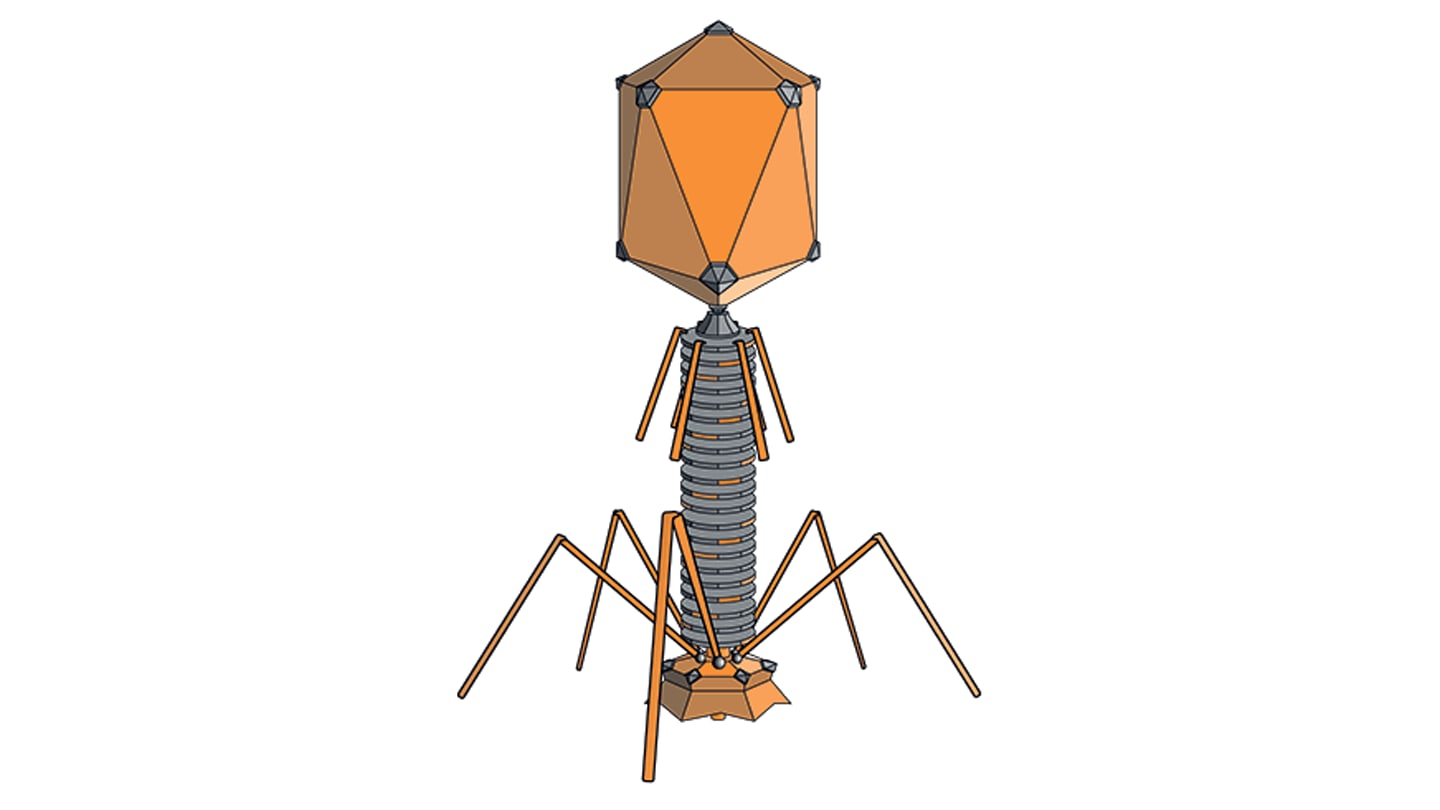Cosmonaut and International Space Station (ISS) flight engineer Dmitri Petelin recently conducted the latest in a long, long string of experiments involving hair and saliva samples to learn more about the effects of microgravity on the human immune system. In 2022, fellow cosmonauts Denis Matveev and Sergey Korsakov performed similar experiments, as did British astronaut Tim Peake back in 2016. As far as I can see, such studies began in 1975. So what has been learned?
Microgravity is known to affect both the innate and adaptive parts of the immune system. In 2021, immuno-bioengineering researchers in New York and Abu Dhabi published a study on microgravity’s effect on cells in the innate immune system – the body’s first line of defense against a pathogen – and on neutrophils (the most abundant granulocyte in the immune system) specifically. Methods involved real microgravity, including during parabolic space flights, in drop towers, aboard the ISS, and through simulated microgravity using rotation under different conditions. The samples had to be as close to the center of rotation as possible to mitigate the effects of fluid dynamics. The study reported increases in circulating neutrophils in humans returning from (long-term) spaceflight (1), and concluded – somewhat vaguely – that further experiments and improved testing methods and equipment were required. So, what could an increase in neutrophils mean for our spacefaring successors?
In a 2004 study (2), researchers affiliated with NASA Johnson Space Center stated: “Exploration class human spaceflight missions will require astronauts with robust immune systems. Innate immunity will be an essential element for the healthcare maintenance of astronauts during these lengthy expeditions. By investigating neutrophil phagocytosis, oxidative burst, and degranulation of 25 astronauts after four space shuttle missions, and witnessing an 85 percent increase of neutrophils at landing compared to preflight levels [this study indicates] that neutrophil phagocytic and oxidative functions are affected by factors associated with space flight and this relationship may depend on mission duration.”

Warp speed back to 2023 and a study led by researchers at the Amity Centre of Excellence in Astrobiology, Amity University Mumbai, India, indicates that, due to observational changes in the gut microbiome, probiotics are key to maintaining the long-term health of astronauts (3). Physiological changes have been known to affect mental health and lead to genitourinary tract infections, reduced immunity and changes in immune response, cardiovascular issues, and the development of cancer. “Probiotics help tackle these health issues caused during spaceflight by inhibiting pathogen adherence, enhancing epithelial barrier function by reducing permeability, and producing an anti-inflammatory effect,” the study authors note. Similar to the conclusion of the 2021 study, the researchers also admit that more needs to be done to validate the theory.
In the meantime, experiments with microgravity continue. For example, Israel-based SpacePharma, co-founded in 2012 by satellite scientist Yossi Yammin and inventor and gastroenterologist Martin Aebi, invites researchers to bring their science to its shoebox-sized laboratory in the search for solutions that will be effective in microgravity. Whilst onboard the ISS, and through the use of the microgravity lab, scientists such as Petelin cultivated human skin cells (keratinocytes and fibroblasts) in 2D or 3D culture systems to assess their ability to produce extracellular matrices. The aim? To better understand fundamental biological processes to support the development of new therapies, devices, and tools for wound healing, aging, and scarring. The scientists also worked on production of a phyto-nanoemulsion to boost therapeutic effect and increase the stability of the final product.
In March 2023, SpacePharma successfully launched its fourth generation microgravity lab onto the ISS via the SpaceX vehicle, returning it safely in April.
For those less likely to be selected for the next ISS mission (especially those with a Bachelor’s degree in any biomedical or clinical science), applications to study on an Executive Space Course, Medicines in Space* at the International Space University are being accepted. Attendants will be able to hear first-hand from the developers and users of the microgravity lab from SpacePharma. Other topics covered include the effects of microgravity on physiology, the needs and capabilities of current medical systems, and life science-based space careers.
The topic of medicines in space may not have exactly blasted off, but it does seem to be getting off the ground. All we can do is count down to the potential out-of-this-world results that this relatively young science may generate.
*November 12–16, 2023, €3,900/$4,200. Strictly limited to 50 participants
References
- M ElGindi et al, “May the Force Be With You (Or Not): The Immune System Under Microgravity”, Cells (2021). PMID: 34440709
- I Kaur et al, “Changes in neutrophil functions in astronauts”, Brain Behav Immun (2004). PMID: 15265537
- R Jobby et al, “Prospective Use of Probiotics to Maintain Astronaut Health during Spaceflight”, Life (2023) 13 (3); 727. https://doi.org/10.3390/life13030727




